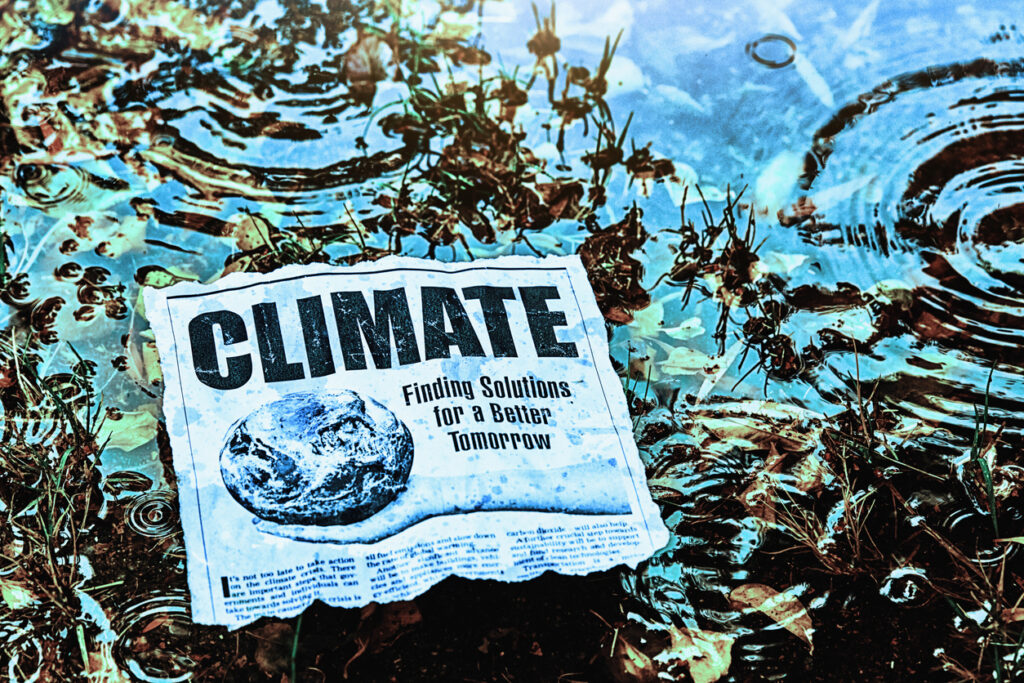(BOSTON, MA) — While climate change continues to impact our planet’s survival, Hugo Clément, the French journalist and passionate environmental advocate, exposes critical environmental issues in episodes of ‘Sur Le Front,’ broadcast on France Télévision. These episodes serve as a compelling example of the necessity of advocacy journalism in today’s media landscape.
In this excerpt from the episode published on the 13th of March 2023, Clément denounces multiple construction projects near environmentally protected grounds. Natura 2000 is the European Union’s largest coordinated network of protected lands, preserving endangered habitats and species. Sur Le Front reports that Nice Côte d’Azur Airport, France’s third most visited airport, plans to expand to add more terminals only 200 meters away from the Natura 2000 protected Var estuary.
In the same episode, Sur Le Front also reports about militants fighting against the construction of a reservoir in Haute Savoie that would supply water to a ski station nearby. It would be built right on the edge of the Natura 2000 protected mountainside, and the water would mainly be used to supply snow cannons for artificial snow. Valérie Paumier, the founder of Résilience Montagne, is worried this reservoir will dry out the Natura 2000 protected mountainside.
This piece, and all Sur Le Front episodes, are advocacy journalism. Clément, the host of the show, has made a career of publicly sharing his stance against companies harming animals or the planet. In this piece specifically, he injects his own bias into his interviews. When watching a private jet take off from Nice’s airport, Clément ironically jokes about the beautiful view the jets must have!
Other than Clément opinions, those of activists Paumier and Airy Chrétien– the co-founder of Collectif Citoyen 06– are at the forefront of this broadcast. Their viewpoints are given more airtime than the airport or the ski lodge responses. Clément isn’t just sharing the news about these projects, but mostly the stories of those fighting to stop them. Although the piece is opinionated, these experts’ views serve a purpose: educating viewers on the current situation while urging them to be concerned.
Advocacy journalism, when done with integrity, offers transparency by openly embracing its perspectives. It invites readers to make informed judgments while recognizing that all reporting carries a point of view. It’s a refreshing honesty that fosters critical thinking, encouraging readers to engage in the dialogue and form their own opinions.
In contrast, the concept of “objective journalism” may be an ideal but rarely exists in practice. The selection of stories, the financial interests of media organizations, and the influence of powerful figures can all subtly shape the narrative, even when an article appears objective.
This viewpoint isn’t new to the world of journalism. In fact, Hunter S. Thompson defends this idea in his work “Fear and Loathing on the Campaign Trail ‘72.” He says, “there is no such thing as Objective Journalism. The phrase itself is a pompous contradiction in terms.”
It’s not about whether a journalist has a viewpoint but rather whether they acknowledge and disclose it. Discrediting advocacy journalism only disregards its authenticity and potential to contribute to a more transparent media landscape.


